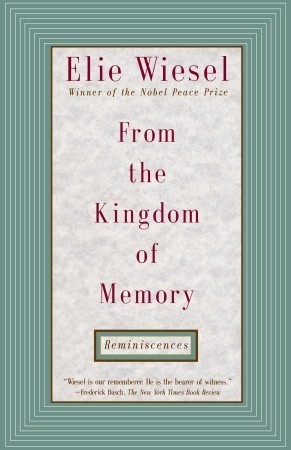
In this "powerful" (New York Times Book review) collection of personal essays and landmark speeches by "one of the great writers of our generation" (New Republic), Elie Wiesel weaves together reminiscences of his life before the Holocaust, his struggle to find meaning afterward, and the actions he has taken on behalf of others that have defined him as a leading advocate of humanity and have earned him the Nobel Peace Prize. Here, too, as a tribute to the dead and an exhortation to the living are landmark speeches, among them his powerful testimony at the Klaus Barbie trial, his impassioned plea to President Reagan not to visit a German S.S. cemetery, and the speech he gave in Oslo in acceptance of the Nobel Peace Prize, in which he voices his hope that "the memory of evil will serve as a shield against evil."
Author

Eliezer Wiesel was a Romania-born American novelist, political activist, and Holocaust survivor of Hungarian Jewish descent. He was the author of over 40 books, the best known of which is Night, a memoir that describes his experiences during the Holocaust and his imprisonment in several concentration camps. Wiesel was awarded the Nobel Peace Prize in 1986. The Norwegian Nobel Committee called him a "messenger to mankind," noting that through his struggle to come to terms with "his own personal experience of total humiliation and of the utter contempt for humanity shown in Hitler's death camps," as well as his "practical work in the cause of peace," Wiesel has delivered a powerful message "of peace, atonement and human dignity" to humanity. On November 30, 2006 Wiesel received an honorary knighthood in London, England in recognition of his work toward raising Holocaust education in the United Kingdom. http://us.macmillan.com/author/eliewi...